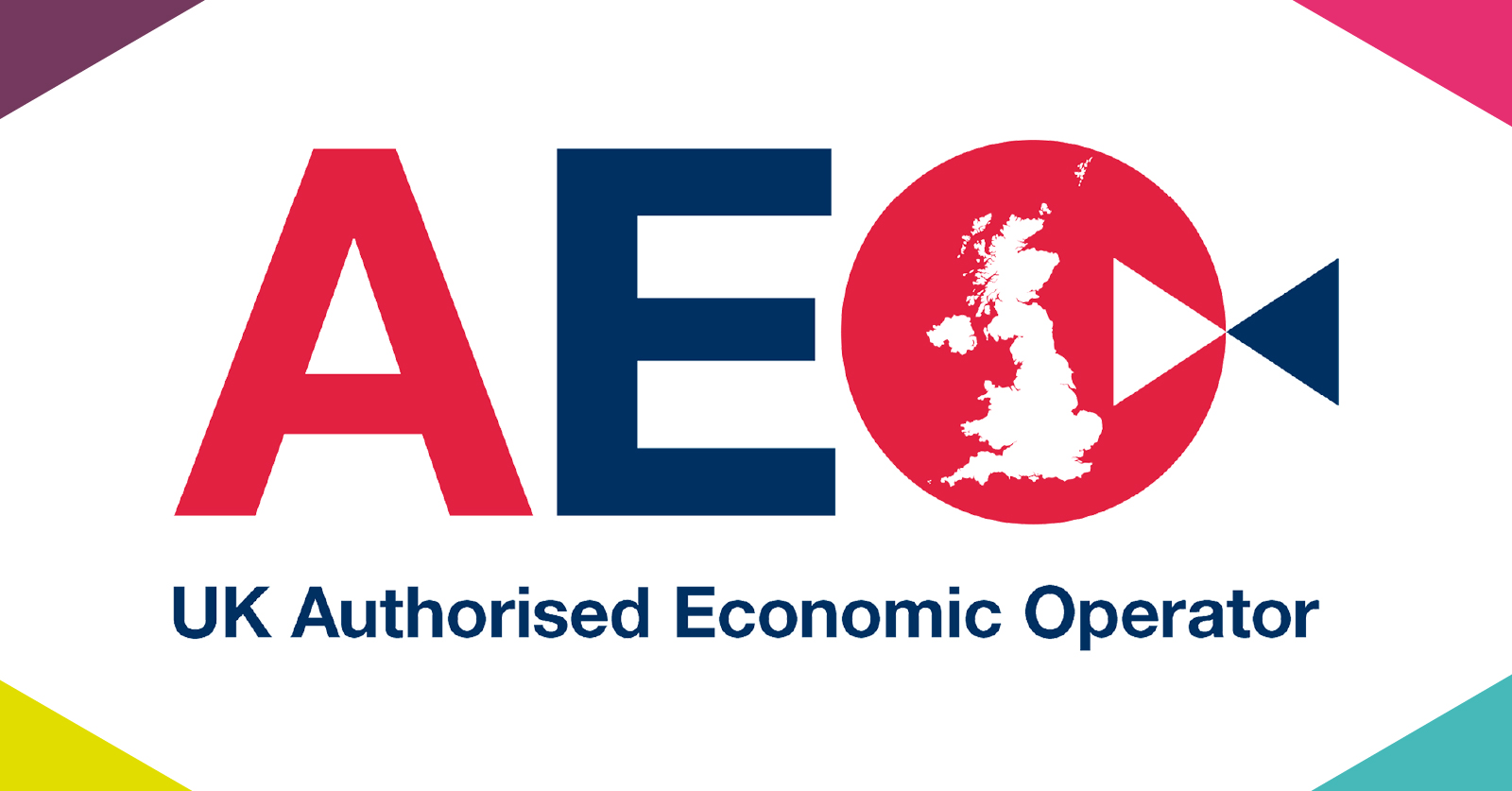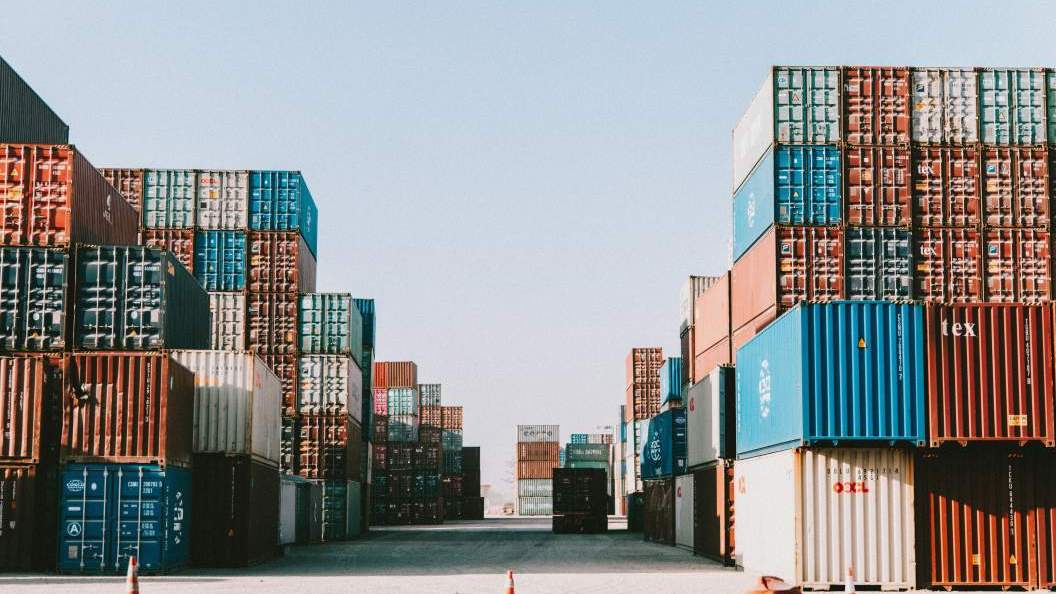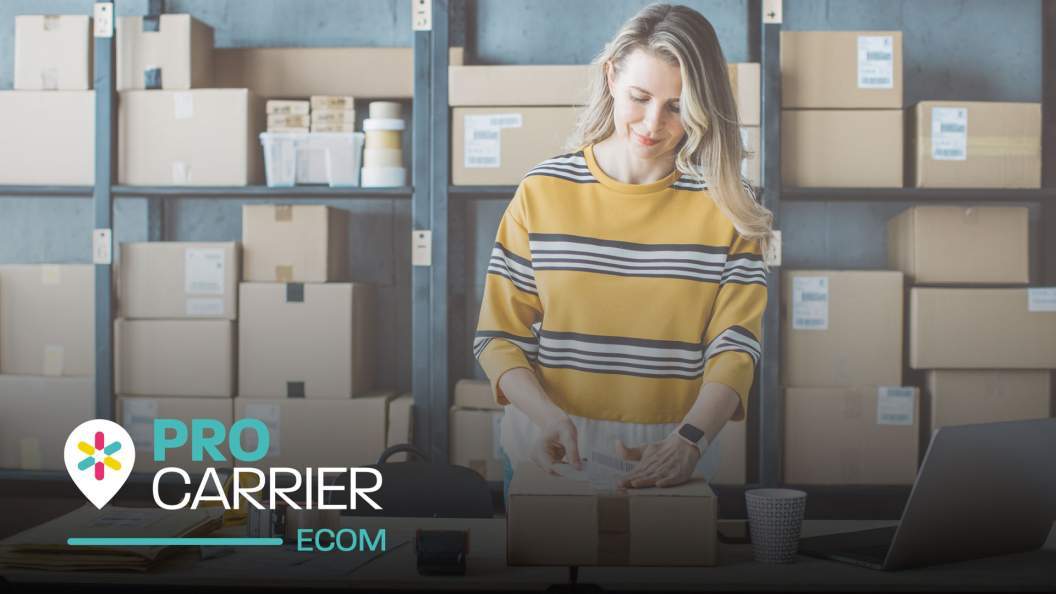Table of contents
- What is AEO Status and What Does it Mean?
- What Are the Benefits of Being AEO Certified?
- Who Can Become AEO Certified?
- What Are the Criteria to Becoming AEO Certified?
- What Types of Businesses Can Gain AEO Status?
- How Many UK Businesses are AEO Accredited?
- How Long Does the AEO Certification Process Take and What are the Costs?
- What is the Criteria for Achieving AEO Status?
What is AEO Status and What Does it Mean?
AEO status stands for Authorised Economic Operator, and is a globally recognised accreditation, experiencing an increase in demand by clients internationally. There are currently two different types of AEO certification available. Each status type has slightly different criteria and benefits.
If you would like to know what is an AEO status holder is then keep reading.
AEO(C) – Customs simplifications – This status is issued to businesses that fulfils the criteria of customs compliance, appropriate record keeping standards and financials solvency.
AEO(S) – Security and safety – This status is issued to businesses that meet the AEO(C) criteria while maintaining appropriate security and safety standards.
AEO(F) – Although this status is currently stated as a combined certification, businesses cannot actually apply for an AEO(F) certificate. Both AEO(C) and AEO(S) will need to be applied for separately if a business wishes to obtain both certifications.
What Are the Benefits of Being AEO Certified?
Companies holding an AEO certification automatically gain an advantage when exporting to the world’s largest economies, especially the US, through Mutual Recognition Agreements (MRAs). MRAs promote the trade of goods between the EU and third countries as well as facilitating market access. They are bilateral agreements, with the aim of benefiting the industry by providing easier access to conformity assessment. They are necessary for any European country wishing to export to Australia, Canada, New Zealand, Japan, USA, Israel, and Switzerland.
These are known as AEO status holders.
Gaining your certification can be quite a complex and time consuming process, however the benefits of achieving AEO status are extremely useful and include:
- Greater access to priority clearance
- Reduced administration
- 70% reductions or waivers of deferment and comprehensive guarantees
- Increased transport security
- Fewer delays in despatch
- Improved security between supply chain partners
- Quicker access to other customs authorisations
- Improved relations with customs and other government authorities
- Fewer delayed shipments
- Improved customer service and loyalty
AEO(S) certified businesses also gain priority clearance, meaning that no-certified companies and organisations will automatically be dealt with as a secondary priority. Gaining AEO status also allows companies to obtain simplified security-related customs controls procedures and simplifications in accordance with customs legislation.
Who Can Become AEO Certified?
AEO can be applied for by any company based inside the EU’s customs territory that is a component of an international supply chain, engages in customs related operations, and has an Economic Operator Registration and Identification (EORI) number. These can include:
- Manufacturers
- Importers/Exporters
- Freight forwarders/Customs agents
- Warehouse keepers
- Carriers
- Secure freight parking operatives
- Airline loaders
It should be noted, you must be a part of the global supply chain, which begins with the manufacturing process and ends with the distribution of goods via import and export procedures.
What Are the Criteria to Becoming AEO Certified?
Certain requirements must be accomplished in order to become an AEO, including but not limited to:
History of tax and customs compliance
Commercial and transportation record-keeping standards that are up to par
Professional qualifications or demonstrating practical standards of competence in the activity they are involved in appropriate security and safety measures.
What Types of Businesses Can Gain AEO Status?
Application is available to all EU businesses involved in the international trade of goods with non-EU countries. These businesses include logistics operators, carriers, freight forwarders, customs agents, importers and exporters, and manufacturers.
To qualify for application the business must:
- Be a legal company established within the UK or an EU member state
- Be actively involved in customs operations, as well as international trade
- Have an Economic Operator Registration and Identification (EORI) number
- Have a good record of compliance with government authorities
How Many UK Businesses are AEO Accredited?
The UK holds over 1070 approved AEO accredited businesses, compared to Germany which has 6512, the Netherlands with 1595, and France with 1770 approved registrations (figures correct as of July 2020). This is due to the different sizes of the logistics sectors in Germany and the Netherlands compared to the UK.
There is concern that if the scheme gains more popularity, UK businesses may be left behind if they don’t take part. However, the scheme gaining more traction and popularity is a great opportunity for non-EU countries to demonstrate and upskill their companies’ abilities.
How Long Does the AEO Certification Process Take and What are the Costs?
The certification is free.
The application and submission process typically takes between 3-12 months. This is then followed by a 120 day period for customs to assess the submission which also includes site visits. Although this is a long process there is help available from companies such as the Institute Of Export and International Trade (IOE&IT), who provide a consultancy service that is designed to aid your business through the whole application process.
Please note, once your business has achieved the certification, despite it being indefinite, you will be reassessed every 3 years through on-site visits from HMRC.
What is the Criteria for Achieving AEO Status?
HMRC have strict criteria which assesses the organisation’s finances, shipping procedures, quality management including documented processes and procedures, compliance with customs requirements, and customs knowledge within the business. Included in the assessment is site security, HR vetting and supply chain security measures. Companies that already have an established quality management system, for example those with an ISO9001 accreditation, are already half-way there to achieving their certification.
Contact us to start the conversation.



